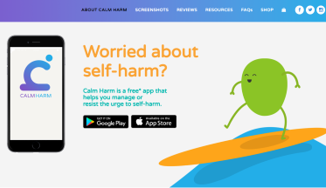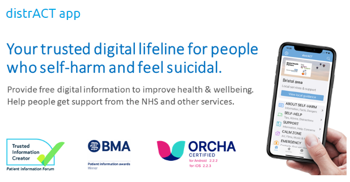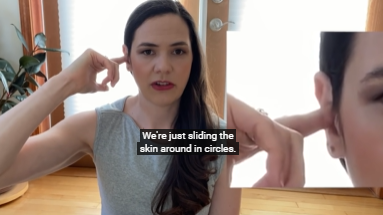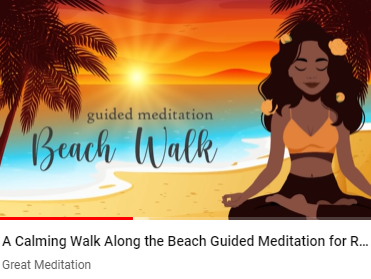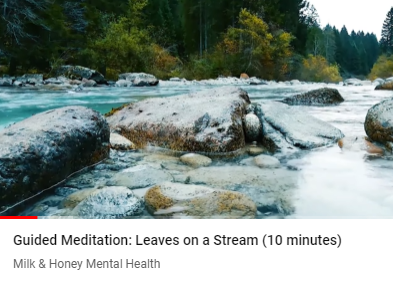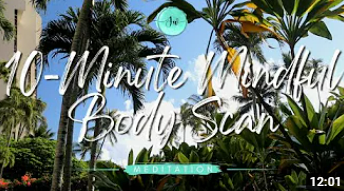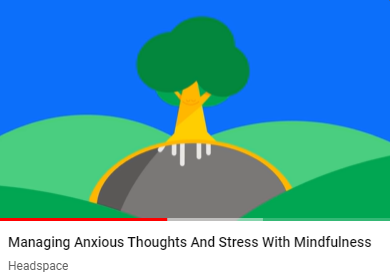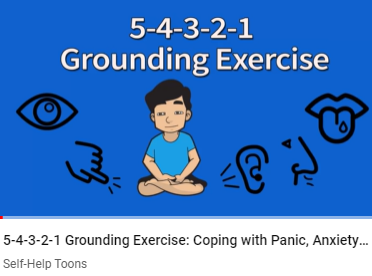Mental Health
There are multiple reasons why our mental health can be under attack. Simply the fact that we have been through a global pandemic in itself is enormous. Add to this living with chronic illness or bereavement as a result of an intervention we were told would save us all, then add on top of that the fact that no-one wants to take responsibility for the way we have ended up. If you are vaccine injured, you also have the added physiological aspects of potential brain inflammation and/or dysautonomia which affects the nervous system, affecting your sleep cycles and triggering the sympathetic nervous system into overdrive, causing mood swings and anxiety. So what can we do about it all? Read on….
bereavement
If you are bereaved sometimes it confusing to figure out what you are feeling or where sudden surges of emotion can come from. Try to imagine someone that you look up to that you know really cherishes and loves you. Then think about the expectations they would put on you and how they would treat you – this is how you should treat yourself. Try not to take on more than you can handle and let things wait that can wait. The NHS website gives suggestions of things that can help:
- try talking about your feelings to a friend, family member, health professional or counsellor – you could also contact a support organisation such as Cruse Bereavement Care or call: 0808 808 1677
- if you’re struggling to sleep, get sleep tips from Every Mind Matters
- consider peer support, where people use their experiences to help each other. Find out more about peer support on the Mind website
- listen to free mental wellbeing audio guides
- try the 6 ways to feel happier, which are simple lifestyle changes to help you feel more in control and able to cope

self harm
Self harm happens for a number of reasons and nothing is ever simple. A lot of people describe it as a way of coping with extreme emotional distress, or a way of punishing themselves or crying out for help.
- Try figuring out what emotions lead to you self harming and see if you can identify when those happen and find an alternative coping strategy
- Talking about it can be hard but if you can find someone safe to speak to that can help. Your GP can tell you about support groups or arrange for you to be assessed for treatment.
- Try calming breathing techniques and this
- Use grounding techniques to distract yourself. This video will explain
- Write a journal to express what you are feeling – noone needs to see it but you but this can help.
- Keep a gratitude journal each evening
The sympathetic and parasympathetic nervous system
The autonomic nervous system (ANS) is a subcomponent of the peripheral nervous system (PNS) that regulates involuntary physiologic processes, including blood pressure, heart rate, respiration, digestion, and sexual arousal. It comprises three distinct ‘systems’, the sympathetic, parasympathetic, and enteric nervous systems.
Simply put, whatever the parasympathetic nervous system does, the sympathetic nervous system does the opposite. Because the sympathetic nervous system is commonly known to be involved in ‘fight or flight’ responses (it prepares your body for activity like running from danger), if it is over-active due to the autonomic nervous system dysfunctioning, people can feel like they are being labelled as ‘over anxious’ and being told their symptoms are not physical. This is not the case. It is important though to stimulate your parasympathetic nervous system to correct the imbalance. This is a healthy thing for ANYONE to do, even if they don’t have dysautonomia.
The parasympathetic nervous system has many functions:
- constricts pupils
- stimulates salivation
- decreases heart rate
- controls bronchial constriction
- stimulates digestion
- stimulates gallbladder
- contracts bladder
- relaxes rectum
- controls vaginal lubrication
- controls penile erection
- control peripheral vasodilation
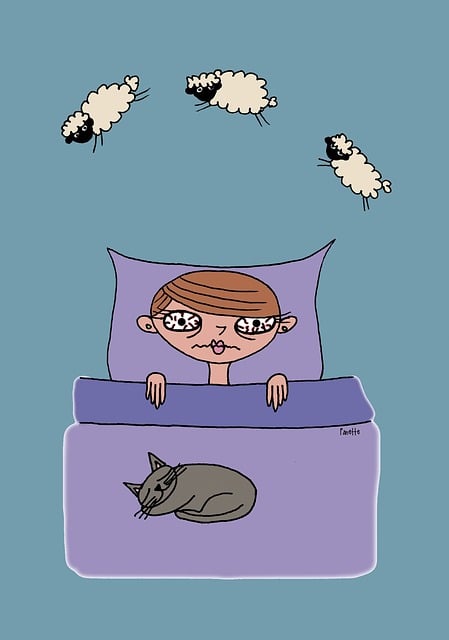
If your sympathetic nervous system is in overdrive, this can show up as:
- Sleep issues and insomnia
- Digestive issues and food sensitivities
- Fatigue and post-exertional malaise
- Chronic inflammation and chronic pain
- Heart palpatations and/or elevated resting heart rate
- Hormonal imbalances and development of related disorders
- Anxiety and panic disorders
- Cognitive disturbances and brain fog
- Sensory sensitivities (light, sound, touch, taste, smell)
- Overactivity of the immune system and development or worsening of auto-immune conditions
self help - stimulate the parasympathetic nervous system
- Avoid caffeine and sugar.
- Don’t rush!
- Pause and check in with yourself regularly.
- Yawn regularly, even if you don’t feel like it
- Singing, Chanting or Humming
- Laughter
- Sleeping or Lying on your right side
- Gargling
- Apply a cold compress to your head or back of your neck – or 1 min cold shower just over your head
- Avoid your phone first thing in the morning and during the evening
- Have a good routine with a balance of stimulation and rest
- Avoid negativity and negative people
Yogi Nidra
Yogi Nidra is a form of mindfulfulness that focusses your mind on different parts of your body, on relaxation and breathing. It ‘switches’ off your busy mind.
Exercise
Intensive exercise stimulates our Sympathetic Nervous System (SNS), however, light cardio exercise can actually decrease SNS activity and activate our PSNS. The key is balance. If you have severe dysautonomia you will be incapable of cardio – but if you can, at least find some stretches and gentle activity that you can manage. Even daily tasks might be enough.
Connect with Nature

If you can’t walk, just find somewhere to sit and breathe. Hug a tree! Lie on the grass. Watch the clouds or stars. Some people are great believers in ‘grounding’ – taking off your socks and shoes and walking in the grass barefoot.
Breathe Work
There are HEAPs of different breathing techniques. Find out some here
And videos:
Grounding
Grounding exercises are things you can do to bring yourself into back into the present moment – the here and now and out of your head! They can be quick strategies or longer, the main thing is that you find some that work for you. The focus is to keep your mind and body connected and working together and not to be living in an unknown future, in anxiety.

